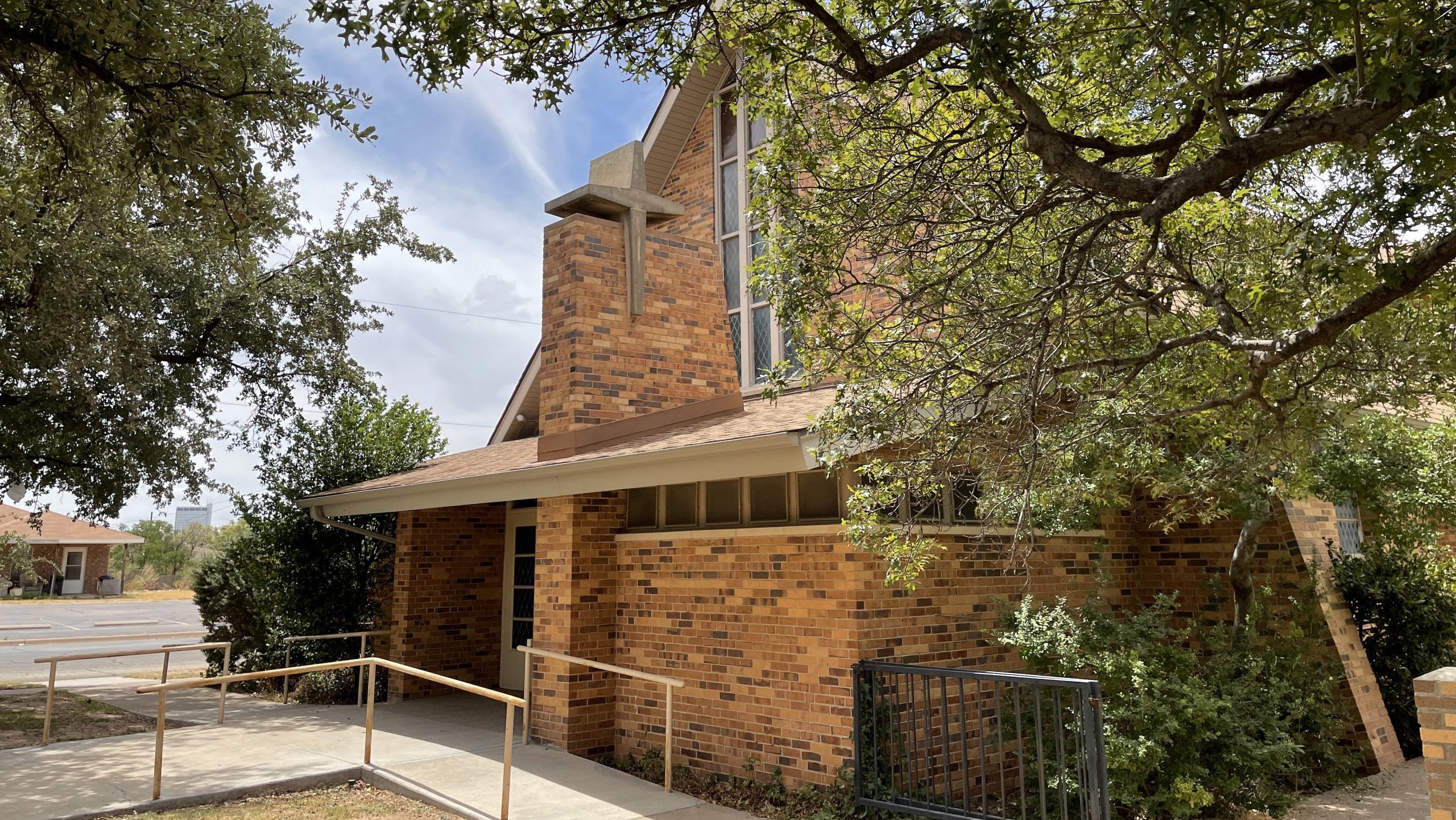Most Christians may wish to be called good Christians by other people. They may also hope that their church is called a good church. We as Christians pray to live as good Christians and to belong to a good church. But many Christians and non-Christians complain that many Christians are not good and that many churches are not good as well. Of course, many other Christians and non-Christians have confidence that most Christians are good and that most churches are good. Many of them are satisfied in Christian life and the church. At this point, let us consider some questions: Am I a good Christian? Is our church a good church? What do you think about these questions?
I am sorry, because I should give you one more question: What are the conditions by which we can judge if a church is good or not? I hope you will seriously consider this question about judging what is good. We are always judging others in our ordinary life: He or she is good; this house is good; this is good for my health; or they are good neighbors. Our judgments may differ from another’s judgment because each of these judgments comes from each person’s subjective feelings, communal sensibilities and social conditions. But rightly judging a good Christian or a good church cannot follow an individual’s subjective feelings, communal sensibilities or social trends because Christians and the church fundamentally root in the Gospel of Jesus and the New Testament and not in individuals, communities or societies. Because of this, we should first understand the New Testament to understand the characteristics of good Christians and a good church.
If Christians follow their individual subjective feelings, communal sensibilities and social trends instead of the New Testament, a good church easily becomes a social institution or a community organization for good persons. Following the good can become a tragic way for the Christian church and for Christians. To judge a good church, we need to understand the original source of good Christians and a good church, the New Testament. Isn’t this reasonable?
– Rev. Yong Sub Sim






April 29, 2024 @ 5:09 pm
Something for me to ponder.